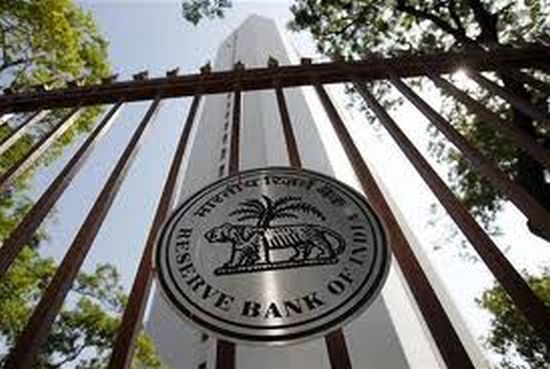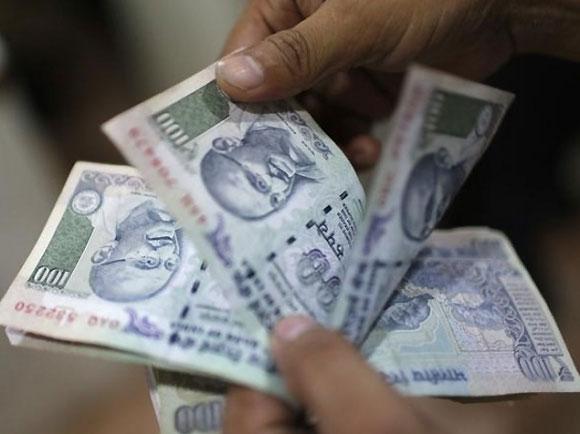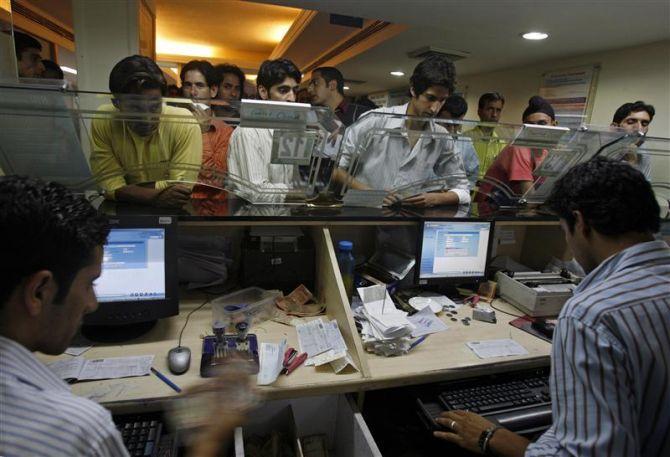
The Reserve Bank of India’s proposal that banks refrain from levying penalties on customers for prepaying floating rate term loans has put lenders in a fix.
They fear if corporate houses adhere to this, it will lead to asset-liability mismatches.
In its annual policy review on April 1, the central bank had proposed a ban on prepayment penalties.
“Consumer protection is an integral aspect of financial inclusion.
. . .

“The Reserve Bank of India proposes to frame comprehensive consumer protection regulations based on domestic experience and global best practices. In the interest of their consumers, banks should consider allowing borrowers the possibility of prepaying floating rate term loans without any penalty,” RBI had said.
What baffled bankers was nowhere in the policy did RBI mention the step was for retail borrowers; also, it didn’t put a cap on prepayment.
. . .

“There is already a ban on prepayment penalty on floating rate housing loans, a major chunk of retail floating loans.
“Allowing corporate houses to prepay their term loans without any penalty will create major asset-liability problems for banks,” said a senior official at a public sector bank.
RBI had constituted a committee to look into various customer service issues; the panel was headed by M Damodaran, former chairman of the Securities & Exchange Board of India.
. . .

In its recommendations, the committee had said the prepayment penalty on floating rate loans be done away with.
Earlier, RBI had allowed home loan customers to shift loans from one lender to other, without paying any charges to the original lender.
Sources indicate banks have taken up the matter with the banking regulator, which is reconsidering the proposal.
Owing to resistance from banks, RBI is yet to issue operational guidelines on the issue.
. . .